-
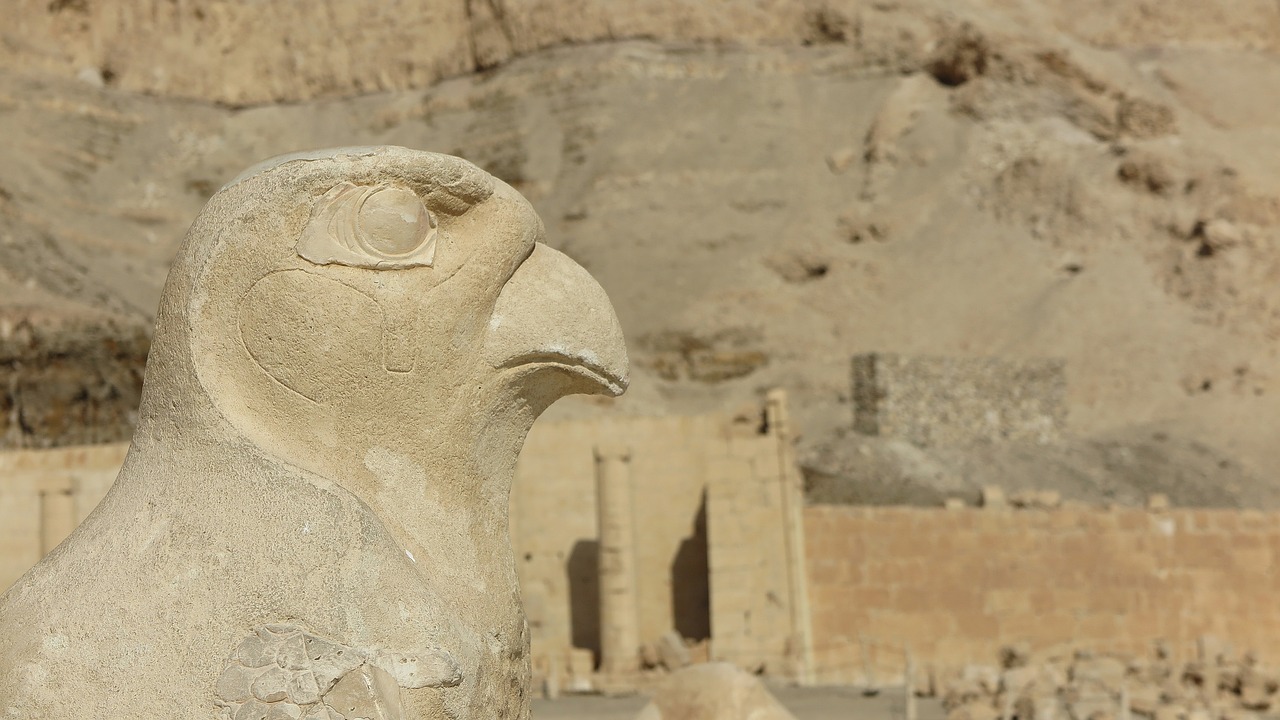
Horus, the falcon deity, is integral to Egyptian mythology, often recognized as the aide to Ra and the embodiment of the Pharaoh’s authority throughout Egypt’s extensive history. After avenging the demise of his father, Osiris, Horus secured his position as the ruler of Egypt, establishing himself as one of the foremost deities in the Egyptian…
-
Taranis: The Celtic God of Thunder Overview Taranis, revered as the Thunderer, stands out as the pan-Celtic deity associated with storms and thunder. His connection to inclement weather and sacred wheels marks him as a significant figure across various Celtic pantheons, although much about him remains elusive. Etymology The name Taranis translates directly to “thunder”…
-

The Bennu: A Celestial Symbol of Creation and Rebirth Overview The Bennu, a significant figure in Egyptian mythology, represents a unique self-generated entity believed to have played a pivotal role in the cosmos’s inception. Identified as the ba of Ra, the Bennu is credited with endowing Atum with the creative impetus. Its journey over the…
-
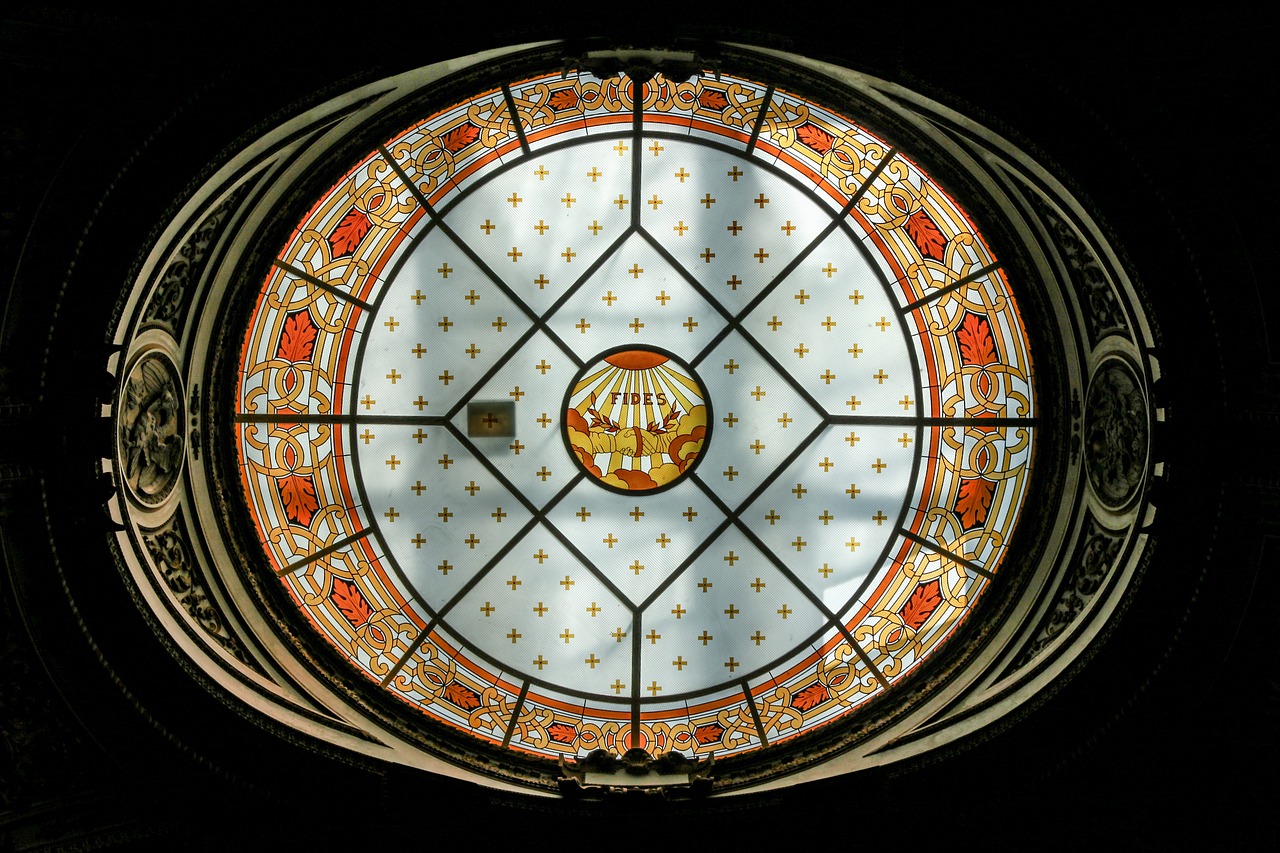
Understanding Fides in Ancient Rome The concept of fides in ancient Roman society encapsulates trust, faithfulness, and reliability and serves as a foundational element that shapes both personal interactions and institutional dealings. It manifests loyalty towards family, friends, and the state, thereby impacting legal affiliations and social pacts. The significance of fides is evident across…
-
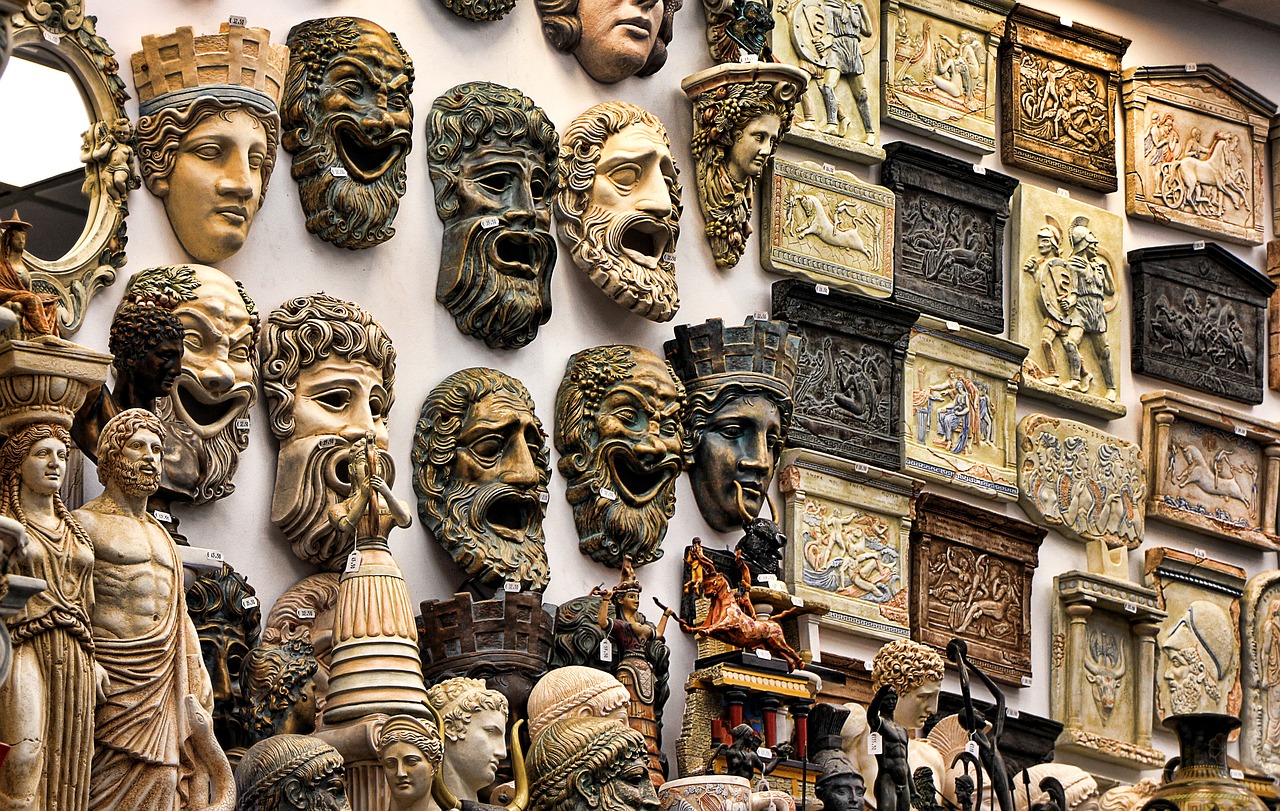
Cred is often portrayed in Scottish and Irish mythology as a beauty, a prophetess, or a queen caught in the throes of love. Among her most renowned tales is the romance with the valiant warrior, Cano mac Gartnain. Cred, known by various names such as Credhne, Credhe, Creidhne, and Credne, was the enchanting daughter of…
-

Greek mythology represents a vast collection of tales regarding the deities, heroes, and customs of ancient Greeks, showing a rich cultural heritage from Classical antiquity. While critical thinkers such as Plato acknowledged that these myths often contained fictional elements, they were primarily regarded by the typical Greek populace as authentic stories. The profound impact of…
-
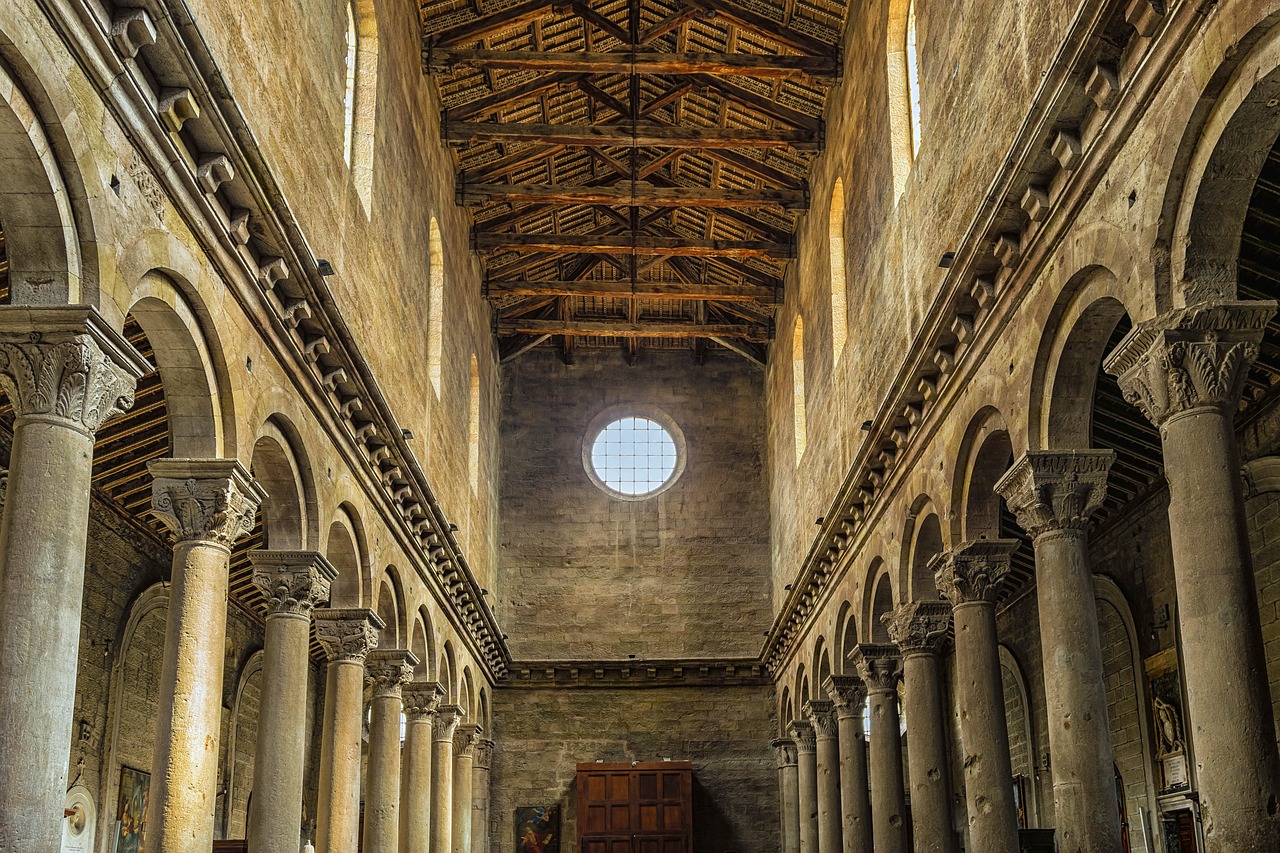
Overview of Roman Religion: Beliefs and Practices Roman religion, also referred to as Roman mythology, encapsulates the beliefs and rituals of the people on the Italian peninsula from ancient times until the rise of Christianity in the 4th century CE. This expansive period is recognized as Classical antiquity. Nature and Significance According to Cicero, one…
-

The legend of Jason and the Golden Fleece stands as one of the most enduring tales of heroism in Greek mythology. This narrative embodies themes of betrayal and retribution, ultimately leading to a tragic conclusion. It begins with Jason’s Uncle Pelias, who seizes the throne by murdering Jason’s father, the King of Iolkos. To protect…
-
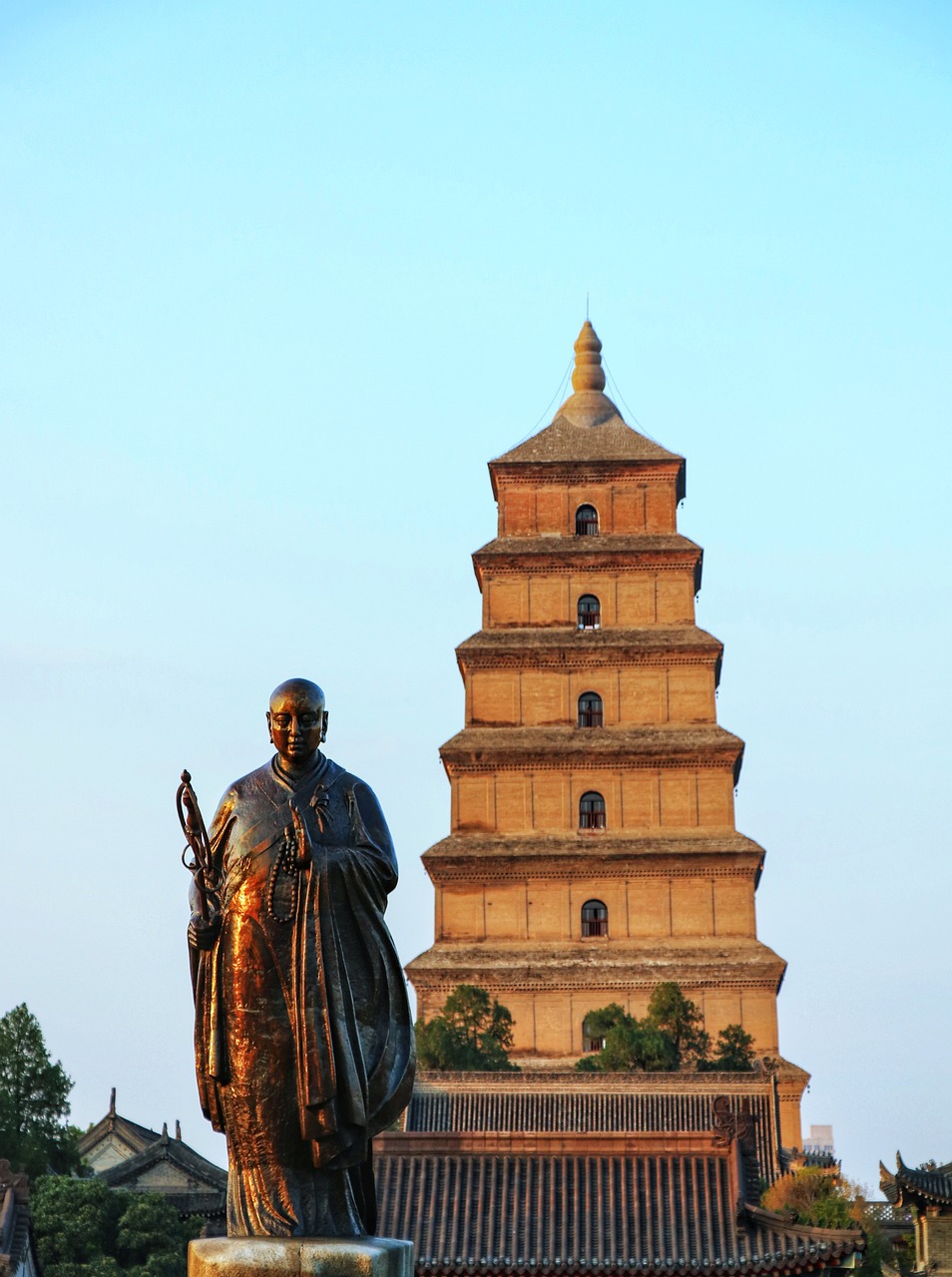
Xuanzang: The Monk Who Bridged Cultures The revered Chinese mythological tale, “Xi You Ji” (Pilgrimage to the West), has immortalized the figure of Tang Seng, a character inspired by the real-life monk Xuanzang (602-664). This remarkable figure made significant contributions to Buddhism and education throughout his life. Known also as Tang Sanzang, Xuanzang was a…
-

Pandora: The First Woman of Greek Mythology In Greek mythology, Pandora is recognized as the very first mortal woman, sculpted from clay by divine forces. Prometheus, the Titan given the responsibility of creating mankind, grew discontent with the miserable existence the gods had decreed for humanity. In defiance, he stole fire from Olympus to enlighten…


